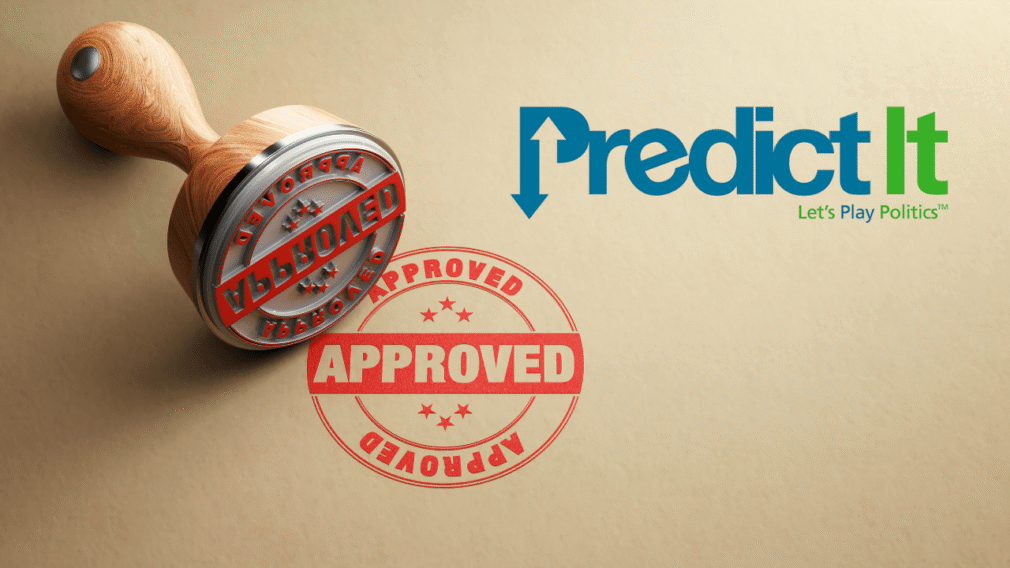PredictIt’s Operator, Aristotle, Gains Full CFTC Approval to Launch Regulated Prediction Market
Aristotle, the data and technology firm behind the popular political prediction market PredictIt, has received full approval from the Commodity Futures Trading Commission (CFTC) to operate as a regulated derivatives exchange. The approval, which grants Aristotle the status of both a Designated Contract Market (DCM) and a Derivatives Clearing Organization (DCO), is the culmination of a years-long legal and regulatory battle and signals a new era for political and event-based trading in the United States.

A New, Fully Regulated Exchange
With these new approvals in hand, Aristotle plans to launch a new exchange in October 2025. The company stated that the new platform will provide U.S. traders with more diverse markets, deeper liquidity, and broader participation, all within a trusted and fully regulated framework.
“We are now positioned to deliver the most robust and transparent version of prediction markets,” said John Aristotle Phillips, CEO of Aristotle.
A Long and Contentious Road to Regulation
The journey to full regulatory approval has been a long and arduous one for PredictIt. For over a decade, the platform operated under a “no-action letter” from the CFTC, a special dispensation that allowed it to offer political prediction markets for academic purposes, albeit with certain restrictions.
However, in 2022, the CFTC abruptly withdrew that letter, a move that threatened to shut down the platform entirely and sparked a multi-year legal battle. PredictIt ultimately won that lawsuit in July of this year, a victory that paved the way for this week’s full regulatory approval.
Leveling the Playing Field in a Growing Market
The new DCM and DCO designations are a game-changer for PredictIt. They move the platform out of a legally gray area and place it on a level playing field with a new generation of regulated prediction markets, including Kalshi and the soon-to-relaunch Polymarket.
This new status will allow PredictIt to compete more freely, unshackled by the limitations of its previous “no-action” status. The company can now expand its market offerings and potentially attract a larger and more diverse base of traders who may have been hesitant to participate on a platform with a less certain regulatory standing.
Recommended
